- Home >
- News >
- Local News >
- Schools
Charlo bus drivers classified as entry-level employees after decades of service
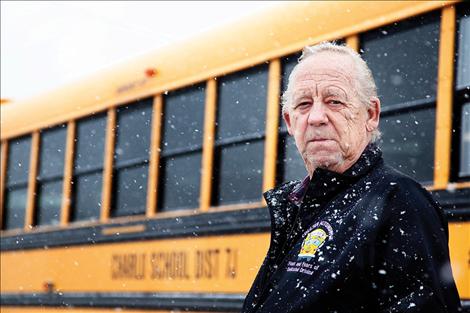
Nicole Tavenner
Clyde Olsen has driven Charlo schoolchildren around for more than 30 years.
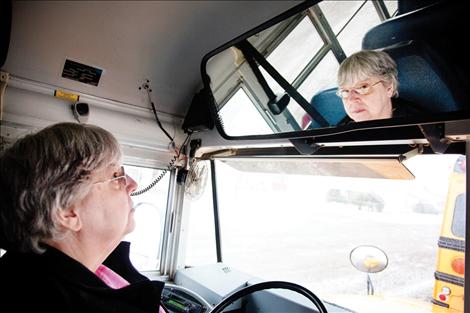
Nicole Tavenner
For 18 years, Cindy Paulsen has driven a school bus in Charlo.
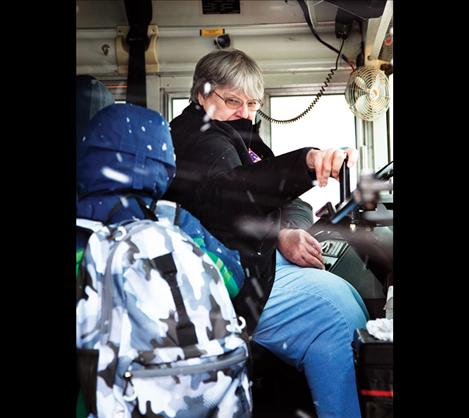
Nicole Tavenner
For 18 years, Cindy Paulsen has driven a school bus in Charlo.
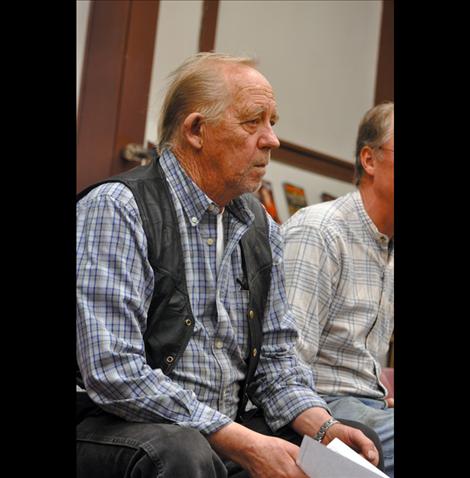
Megan Strickland
Clyde Olsen speaks to the Charlo School Board about bus drivers' decrease in pay.
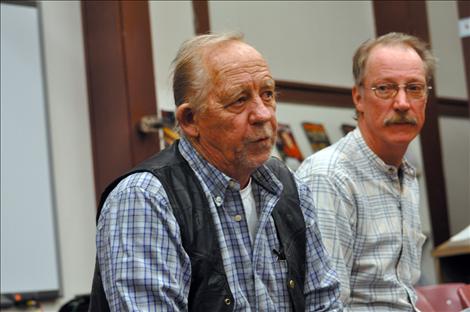
Megan Strickland
Clyde Olsen speaks to the Charlo School Board about bus drivers' decrease in pay.
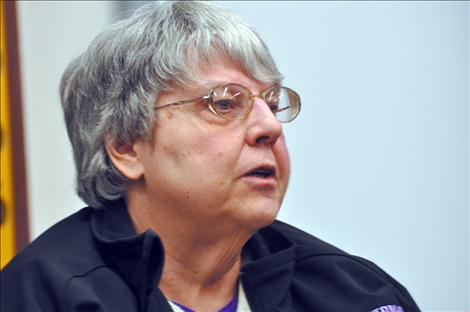
Megan Strickland
For 18 years, Cindy Paulsen has driven a school bus in Charlo.

Nicole Tavenner
Cindy Paulsen and Clyde Olsen are longtime Charlo bus drivers.
Issue Date: 2/26/2014
Last Updated: 2/25/2014 9:44:39 PM |
By
Megan Strickland
Keep Reading!
You’ve reached the limit of 3 free articles - but don’t let that stop you.















